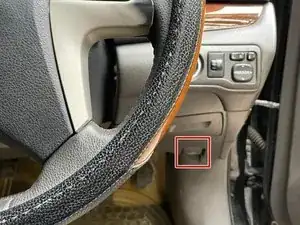
Fuse
Kiichiro Toyoda founded the Toyota Motor Corporation in 1937 from a division of his father’s company, Toyota Industries. Prior to the founding of Toyota Motor Corporation, the first Type A engine was invented in 1934, three years earlier, under Toyota Industries. The Toyota AA, Toyota’s first passenger car, was manufactured in 1936. The Toyota Motor Corporation manufactures vehicles produced under the Toyota brand as well as Hino, Lexus, Ranz, and Daihatsu. The original name, Toyoda, was changed to Toyota in August of 1937, and was trademarked and registered as the Toyota Motor Company. The company is headquartered in Toyota, Aichi, Japan.
Toyota is the largest multinational automobile manufacturer in Japan and, as of 2018, was the second-largest automobile manufacturer in the world. In 2010, Toyota was the tenth-largest company by revenue in the world. Toyota leads the global market for sales of hybrid electric and hydrogen fuel-cell vehicles, with over four million Prius family vehicles sold by January 2017. As of 2020, cumulative global sales of Toyota and Lexus hybrid passenger cars surpassed 15 million. The Toyota Motor Corporation sells 44 Toyota Lexus hybrid passenger car models, as well as one plug-in hybrid model, in over 90 countries and regions.
The Toyota product line includes hybrid electric vehicles, plug-in hybrids, all-electric vehicles, hydrogen fuel-cell vehicles, SUVs and crossover vehicles, luxury-type vehicles, and buses. Toyota vehicles in the Americas can be identified by the Toyota emblem, which depicts three overlapping ellipses.